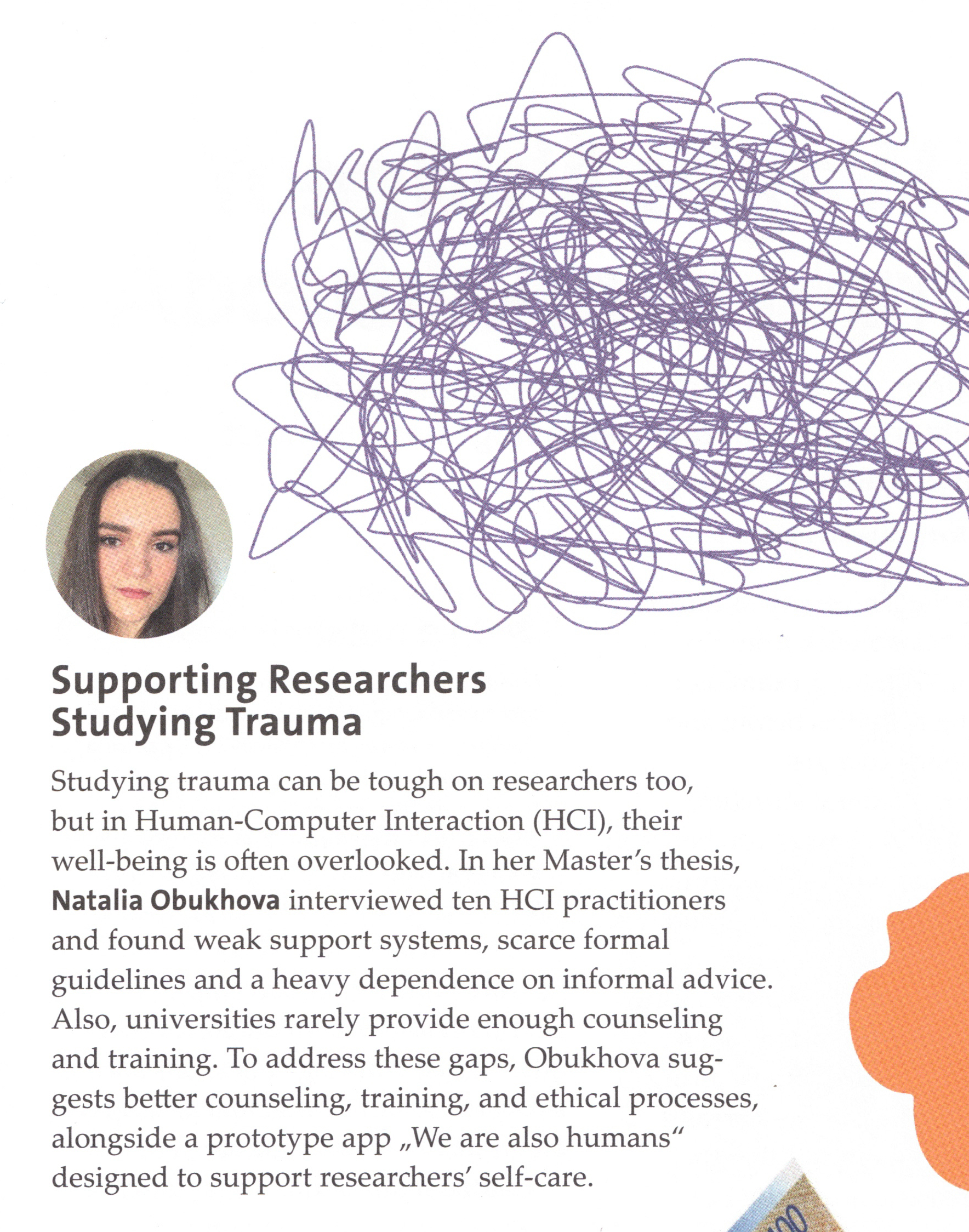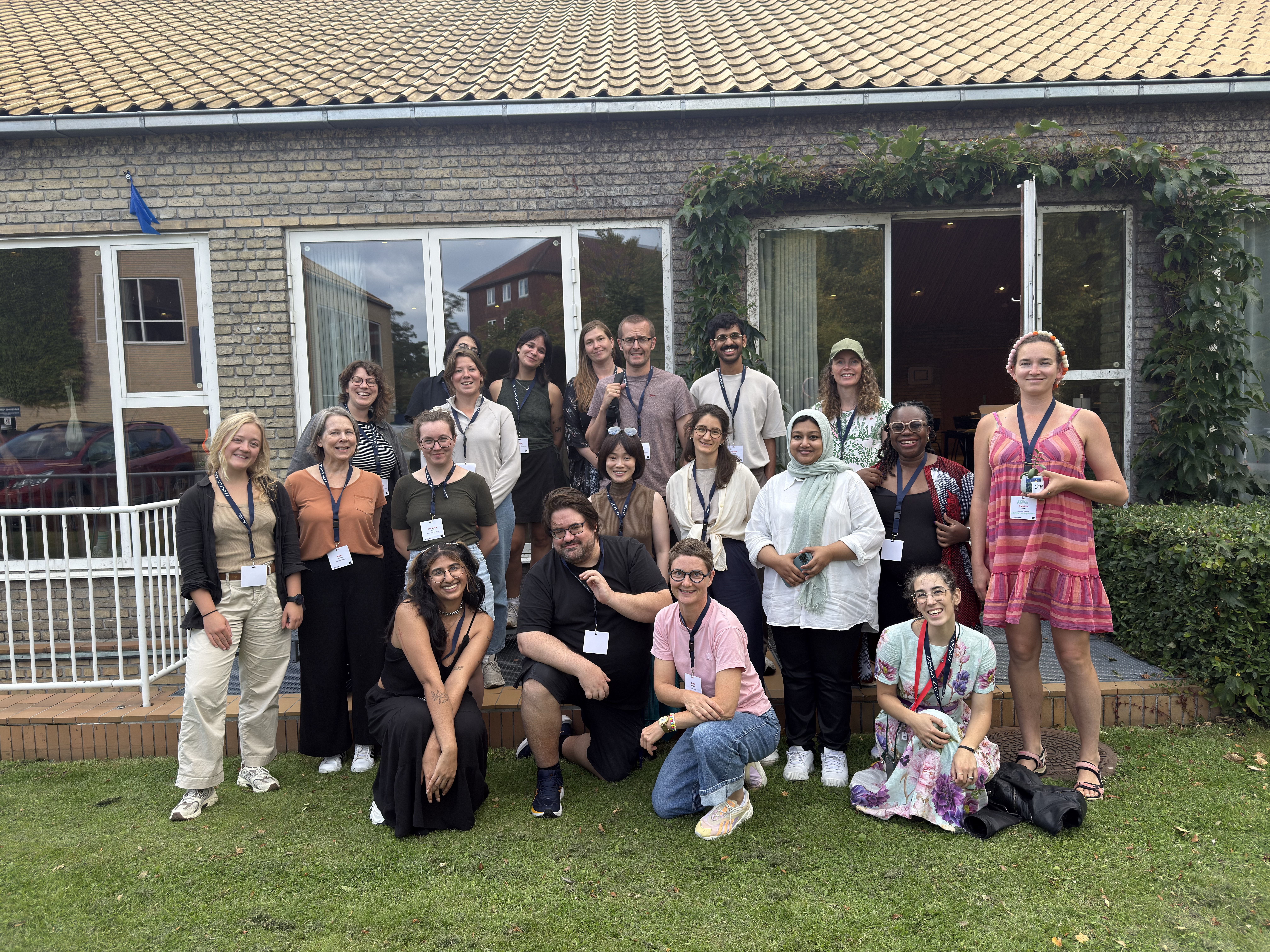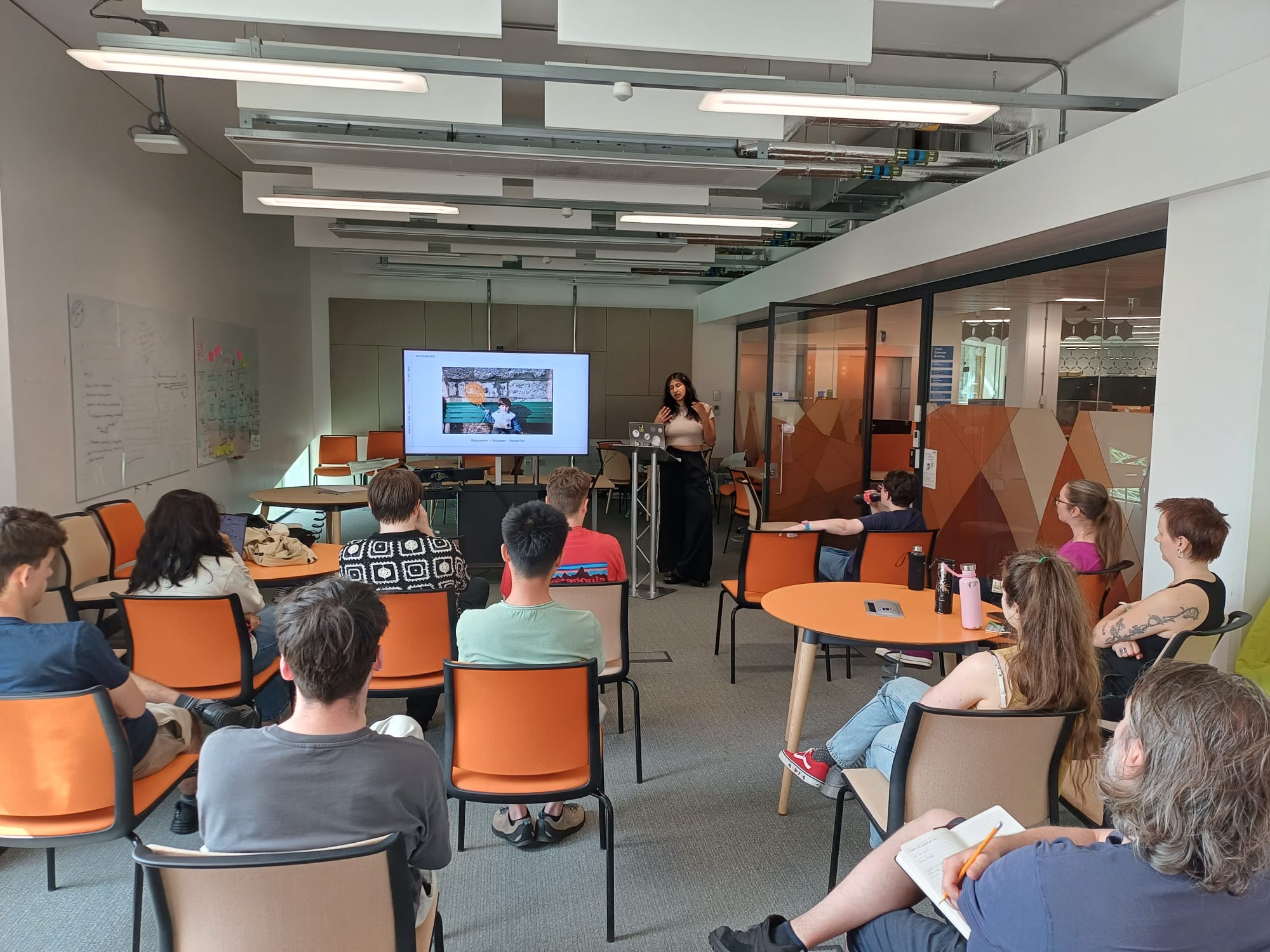People and Computing Lab

Welcome to ZPAC!

The Human-Computer Interaction group at the University of Zurich.
Mission
We strive to design great experiences with computing and create technologies that benefit people in everyday life. To do so, we take an approach to research that goes beyond interface design and usability. We focus on gaining a deep, contextualized understanding of the relationship between people and computing technologies from which to draw insight.
Research
In our research, we apply approaches drawn from a variety of fields, with a focus on qualitative methods such as interviews for data collection or affinity diagramming for data analysis. Building upon a thorough understanding of a problem space, we iteratively develop designs and systems that offer people new interactive experiences.
Currently, we are working in areas such asstorytelling for ML and AI education, digital health personalization, Social and Design Justice in the context of Gender-Based Violence sensing technologies in prenatal care and designing at the intersection of culture and mental health.
Teaching
We take a hands-on approach to learning that is reflected in our teaching. Our courses are highly interactive in nature and incorporate projects, discussion, and in-class activities to give students the opportunity to put knowledge and skills to use.



